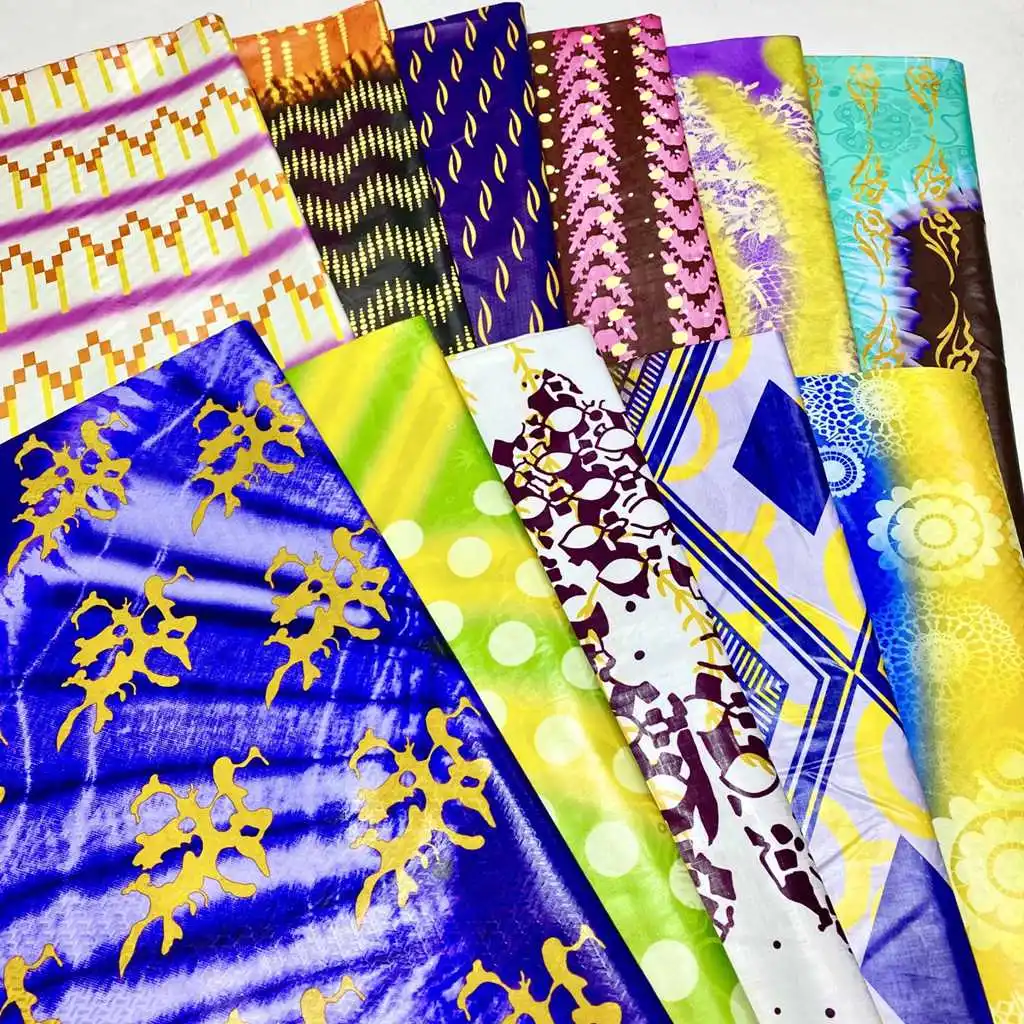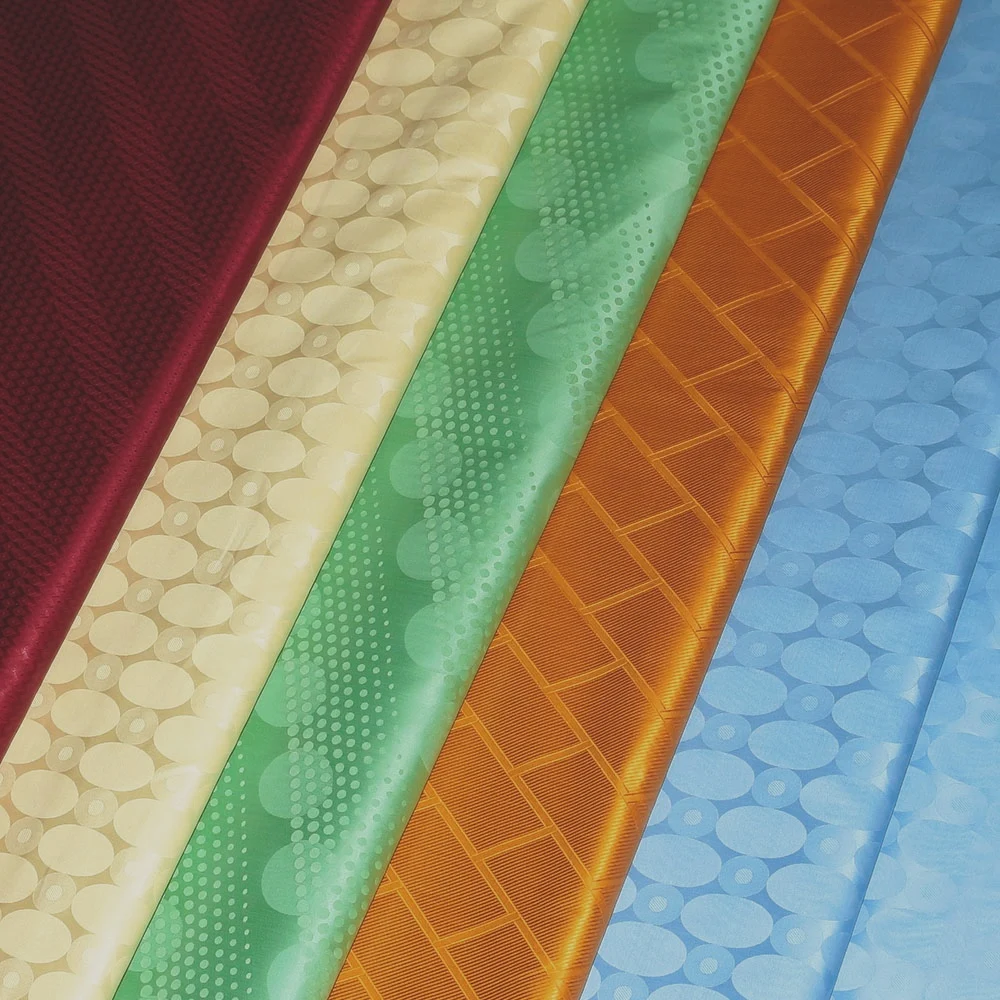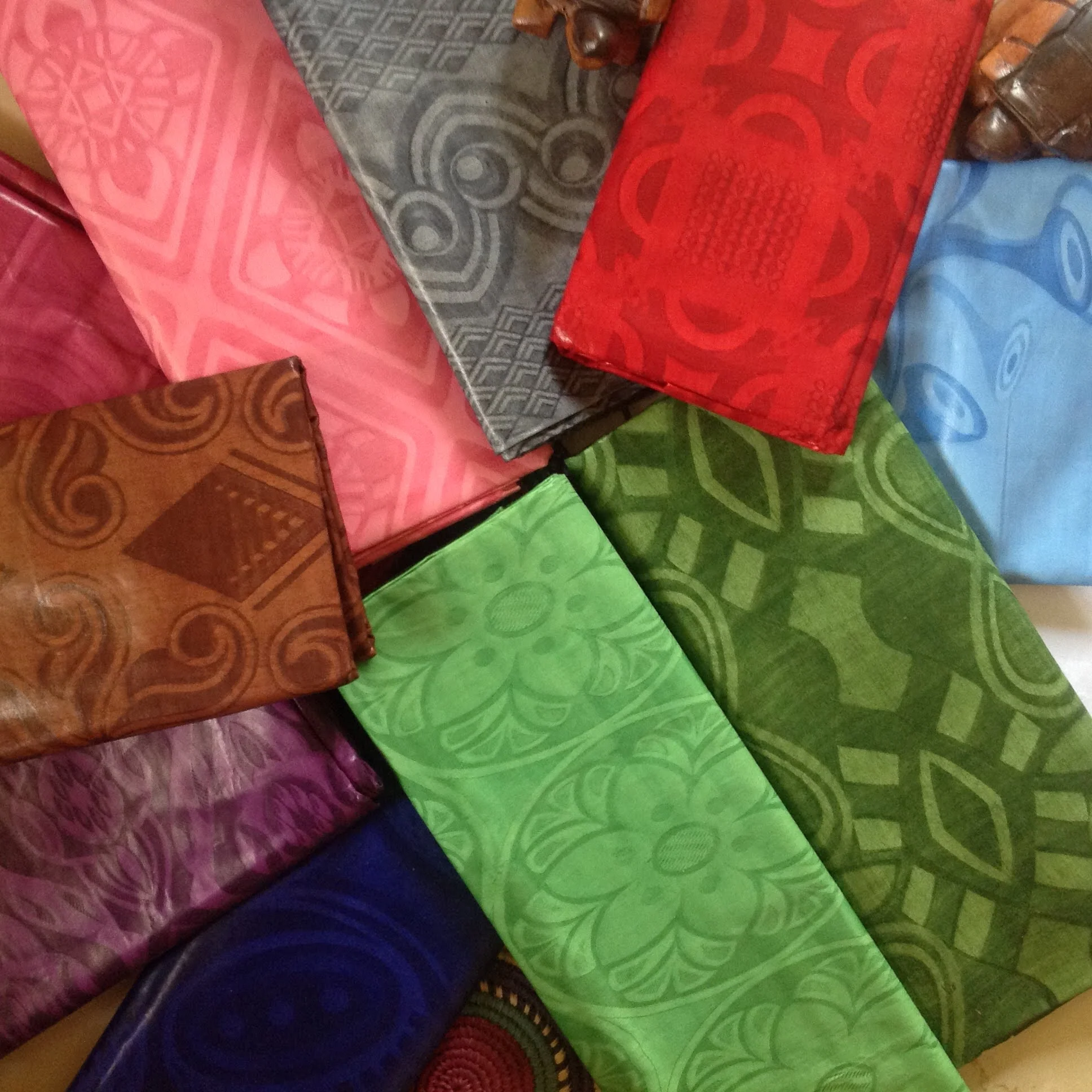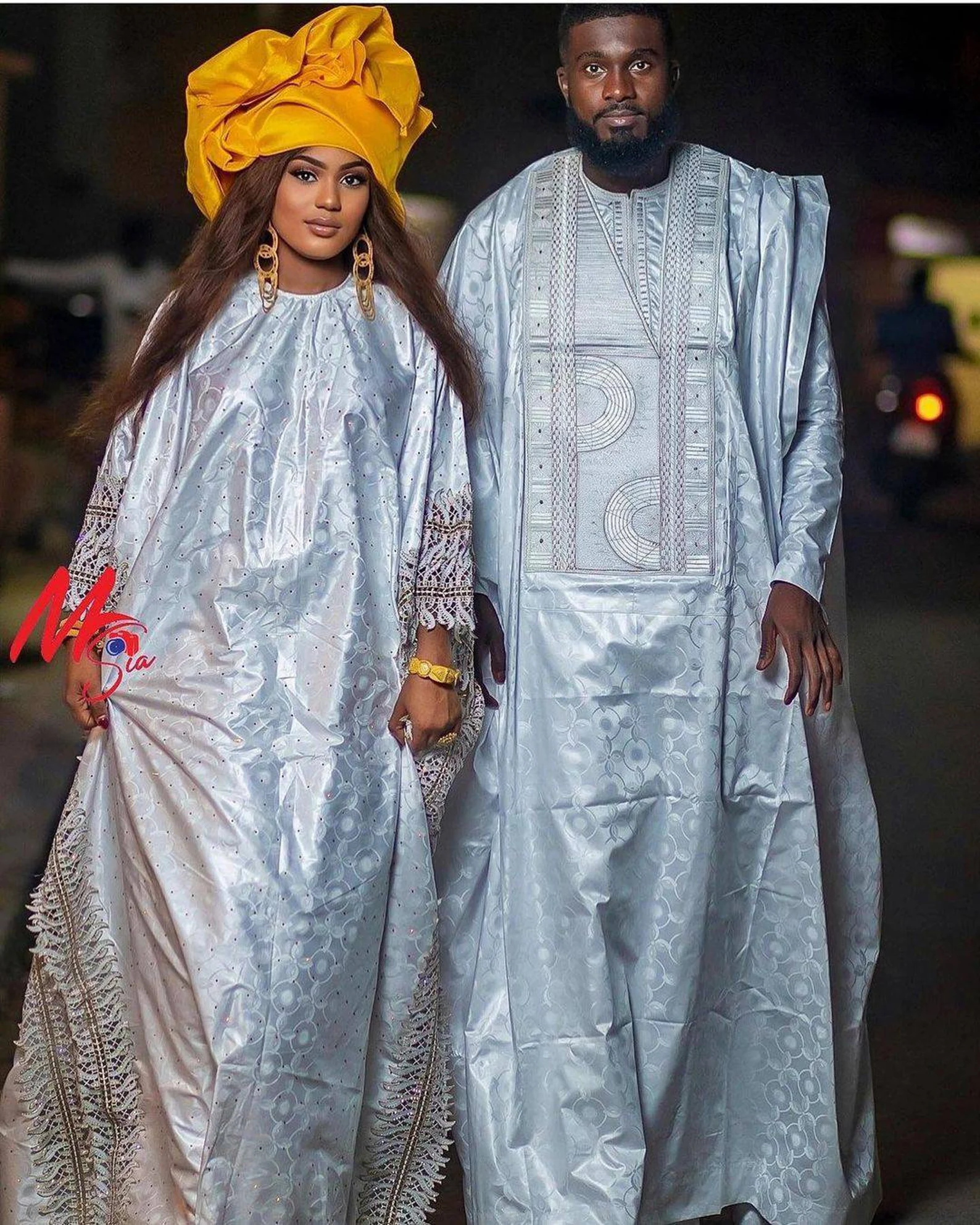The Senegalese Bazin is a testament to the artistry, heritage, and elegance of Senegal's rich cultural tapestry. This unique fabric, with its origins intertwined with centuries of history, has become more than just a material; it embodies the essence of Senegalese identity. From its humble beginnings in the 19th century, as European merchants introduced wax prints to West Africa, to its evolution into a symbol of pride and fashion on both local and international stages, the Senegalese Bazin has become an elegant and cultural masterpiece. In this article, we will delve into the origins, production process, symbolic meaning, and evolving significance of the Senegalese Bazin, exploring how it continues to capture people's hearts and preserve the artistic heritage of this vibrant West African nation.
Origins and History
The roots of the Senegalese Bazin can be traced back to the 19th century when European merchants introduced wax prints to West Africa. These fabrics were initially inspired by Indonesian batik, which were later adapted to suit African preferences. However, in the 20th century, Bazin became intimately linked with Senegal and its people. Bazin, also known as basin, finds its etymology in the Italian word "bambagia," which denotes cotton wadding. This distinctive fabric is a cotton damask or brocade imported initially to West African nations from Europe and Asia. Senegal, in particular, witnessed the arrival of Bazin fabric with the advent of French influence. Gradually, it became intricately linked to the creation of the Boubou, a long and flowing traditional outerwear cherished by both men and women. This sartorial elegance transcended beyond West Africa, resonating strongly among the West African Diaspora.
Production Process
During the 1980s, the informal trade sector of dyed fabric, known as "thioup" or "thioub" in Wolof, experienced significant growth in Senegal. This led to a revival of materials like Bazin, triggering a boom in the fashion industry. Local artisans, who once skillfully worked cotton damask, faced competition from cheaper imports, causing a decline in their craft. Presently, dyed Bazin is imported into Senegal and transformed by skilled local tailors before being exported to West African countries and beyond. The intricate dyeing process,
involving the "tak" technique, results in striking patterns. The fabric is then starched and beaten by artisans known as "tappeurs" to achieve a shiny appearance. Senegalese tailors use this Bazin fabric to create luxurious clothing, particularly the popular boubous, contributing to the craft's significance in the Senegalese economy. The allure of Senegalese boubous extends beyond the nation's borders, being widely exported to neighboring countries, showcasing the cultural and economic importance of this craft.
Symbolism and Meaning
The Senegalese Bazin carries deep symbolic meaning and serves as a form of communication in Senegalese society. The designs and patterns on Bazin fabrics often convey messages, moods, or social status. Different patterns are associated with specific occasions, such as weddings, religious ceremonies, funerals, or everyday wear.
The designs and patterns on Bazin fabrics often convey messages, moods, or social status. Different patterns are associated with specific occasions, such as weddings, religious ceremonies, funerals, or everyday wear. For instance, a woman wearing Bazin with a specific design might signal that she is married or recently bereaved, while a man's outfit could indicate his profession or social standing. These garments are also worn during religious celebrations, such as the Islamic holiday of Eid, and hold great significance during cultural festivals.
Versatility and Modern Adaptations
The Senegalese Bazin has become a highly versatile and favored fabric for both men's and women's clothing. Women commonly don elegant dresses, skirts, and blouses, while men opt for grand boubous, flowing robes, or contemporary styles like shirts and trousers. The adaptability of Bazin to modern fashion trends is evident, with designers blending traditional styles and contemporary aesthetics. This evolution has propelled Bazin's popularity beyond Senegal, turning it into a symbol of African fashion and cultural pride embraced worldwide. In 2004, Dakar saw the inception of "The Grande Nuit du Bazin," a captivating event conceived by Senegalese singer Djiby Dramé. This festival pays tribute to the beloved fabric, featuring a mesmerizing display of colorful boubous. Esteemed Senegalese designers, including Oumou Sy and Collé Ardo Sow, join forces with international talents to celebrate Bazin's allure.
The success of this event inspired similar celebrations in Bamako and Abidjan. Djiby Dramé's vision transcends borders, aiming to share the splendor of "The Grande Nuit du Bazin" with global audiences. By celebrating culture, artistry, and the timeless beauty of Bazin fabric, this cherished tradition unites diverse communities and captivates fashion enthusiasts worldwide.
The Senegalese Bazin is more than just a fabric; it profoundly represents Senegal's cultural heritage, artistry, and identity. The Bazin embodies the essence of Senegal's vibrant society, from its intricate production process to the symbolic meanings conveyed through its patterns. As it continues to evolve and adapt to modern times, the Bazin remains a timeless and cherished masterpiece, reflecting the spirit of a nation deeply proud of its traditions.
In the grand boubous of life, Bazin threads remind us that every moment, no matter how small, contributes to the masterpiece. - La Djalobienne Eton
References:
https://en.wikipedia.org/wiki/Bazin_(Senegalese_fashion)














